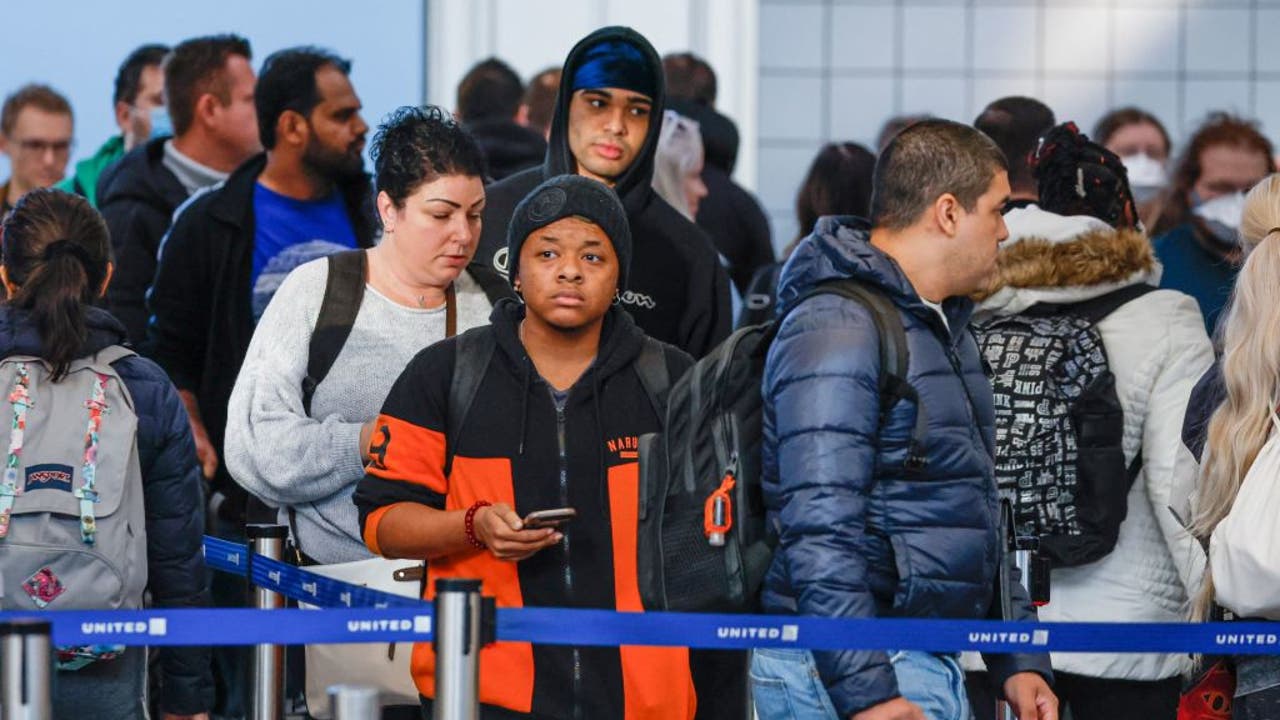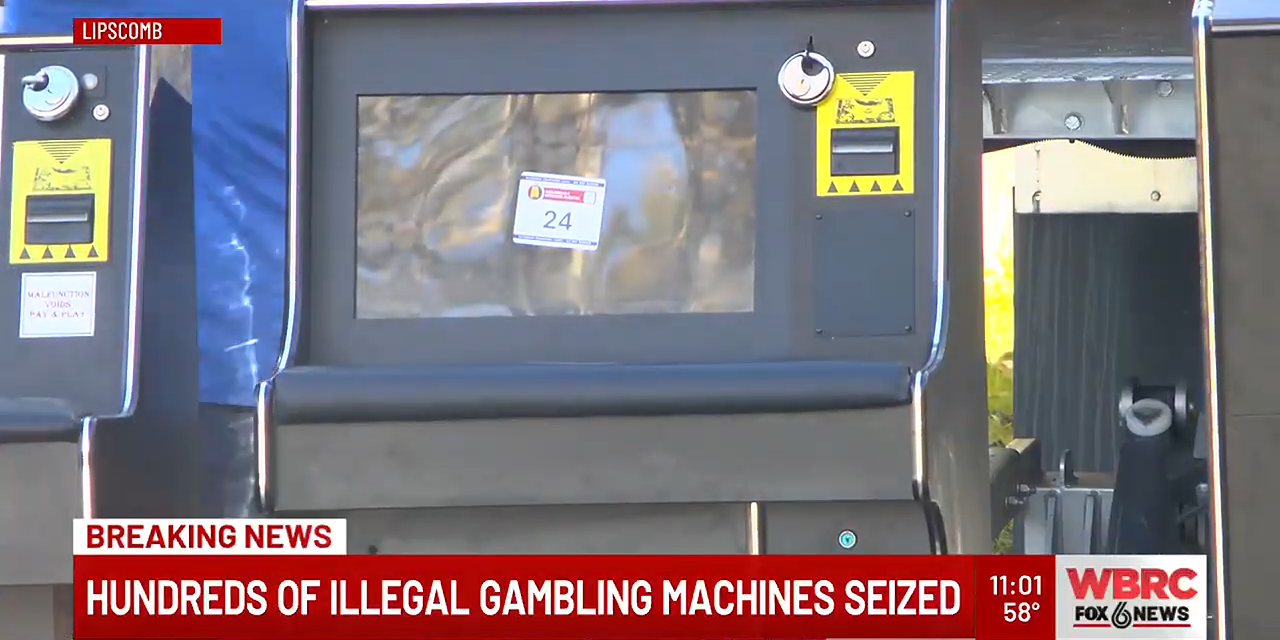World
World Focus: Testifying before Congress

Once again, William & Mary’s Global Research Institute has shared the results of its deep-data research with Congress and high levels of our government.
The subjects that the institute investigates are of vital importance to our country’s national security. Congressional committees and high-level government officials are keen to be briefed on the latest developments in international relations.
According to Michael J. Tierney, the Hylton professor of government and international relations and director of the Global Research Institute, Brad Parks was invited by the House Select Committee on the Chinese Communist Party, chaired by Congressman John Moolenaar, to give a testimony about China’s overseas development portfolio. Parks, executive director of AidData, an international development research lab at the Global Research Institute, is a 2003 graduate of William & Mary.
To summarize and explain to the members of Congress the institute’s 427-page report on China’s overseas development finance, Parks was allotted six minutes.
He made the best of the allotted time.
Parks invited the members of the congressional committee to imagine themselves sitting in Beijing right now and looking at a global dashboard on China’s overseas project portfolio.
“You will see a lot of flashing red lights,” Parks said. “The Chinese authorities are dealing with three big problems at the same time.”
The first is debt repayment, Parks explained.
“Beijing went on a lending spree and issued thousands of loans worth more than a trillion dollars for big-ticket infrastructure projects spread across 125 countries. Now, its borrowers are having difficulty repaying their debt. Eighty percent of China’s overseas lending portfolio is currently supporting countries in financial distress.”
Parks pointed out that a lot of China’s overseas infrastructure projects are risky — from an environmental, social or governance perspective. When China first got into the global infrastructure market, it had only 17 problem projects worth less than $450 million. Today, it has nearly 1,700 problem projects worth more than $450 billion.
The third problem that Beijing has to cope with is reputational risk.
According to Parks, as Belt and Road projects have run into trouble, Beijing has seen its public approval rating in the developing world plunge — from 56% to 40%. Media sentiment has also soured. And with the grace periods on many Chinese loans expiring, Beijing finds itself in an uncomfortable position as the developing world’s largest official debt collector.
This picture may provide comfort to those who fear that China is on the way to replace the United States as the leading super power in the world.
But the GRI’s 427-page report is an independent scholarly research paper that presents data indicating that Beijing is not going to stand by and watch its flagship global infrastructure initiative crash and burn.
Data shows that the Chinese authorities have already launched a far-reaching effort to de-risk the Belt and Road Initiative. They call it BRI 2.0.
According to Parks, in the short-run, Beijing is scanning its global portfolio and firefighting in response to crises. It’s refocusing its time and money on distressed borrowers, troubled projects and sources of public backlash.
“But Beijing is also playing the long game,” Parks said. “It’s putting in place new safeguards to future-proof the BRI.”
The William & Mary’s GRI research shows that China is making long-term changes to its loan portfolio to reduce the risk of not being repaid in the future. Rather than relying on its own banks, Beijing is increasingly outsourcing risk management to lending institutions with stronger due diligence standards.
Parks, in his congressional testimony, reminded members of the committee that Beijing is several steps ahead of its competitors.
“The U.S. and its G7 allies have underestimated the ambition of China’s effort to overhaul the Belt and Road,” Parks said. “They are focused on competing with a version of the BRI that no longer exist — BRI 1.0 rather than BRI 2.0.”
Frank Shatz is a Williamsburg resident. He is the author of “Reports from a Distant Place,” the compilation of his selected columns. The book is available at the Bruton Parish Shop and Amazon.com.










